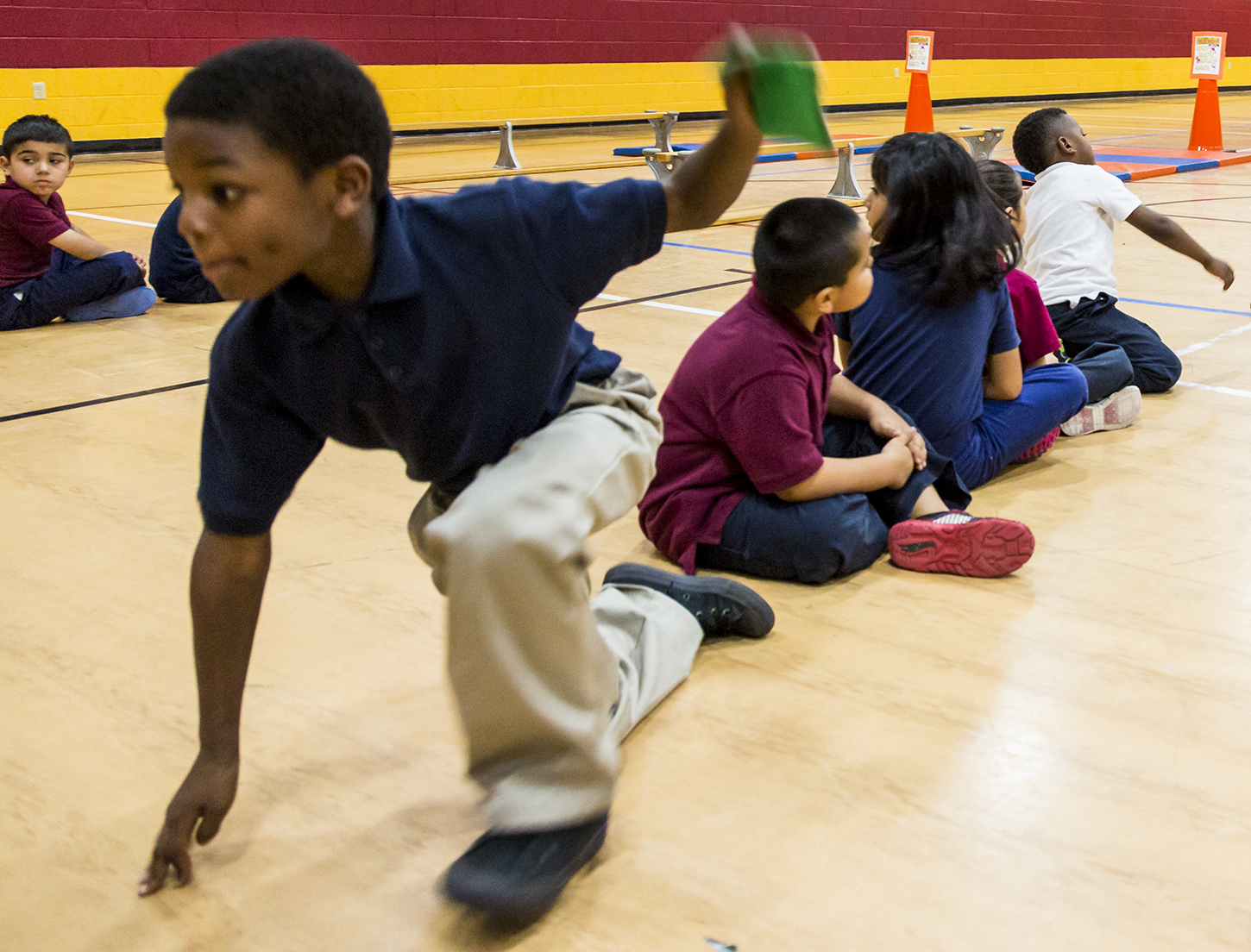December 1, 2016
Put Me In Coach
Teaching is more than a Monday through Friday job, and often the hours are longer than expected. So why would educators contemplate adding more to their plate? Read to learn about the benefits coaches reap.
Some might wonder how teachers do it. It’s enough to teach all day, grade papers at night, lesson plan, and prep for the next day, but have you ever thought about sprinkling a little coaching or advising into the mix?
Two teachers from the Chandler Unified School District tell us what makes coaching sports at their schools worthwhile.
Sabrina Cox is a fourth-year physical education (PE) teacher and seventh-grade girls’ basketball coach at Willis Junior High School. Although folks might guess teaching PE and coaching a sport is congruent, Cox says her role as a basketball coach requires a different mindset.
“When I first started teaching, I assumed that because I taught PE that coaching would not be much different. Physical education involves movement, skill work, game play, a little bit of strategy, and curriculum. I figured coaching would involve much of the same thing, but I was pleasantly surprised to find during my first season that coaching is all those things on a deeper level, and so much more,” Cox says.
Will Dyer is a freshman English teacher and former baseball coach at Hamilton High School. Similarly, Dyer says his interaction with students as a coach and a student government advisor has proved rewarding because he’s able to see students’ passions for alternative areas.
Although this year he’s traded in his cleats for nvarchar(max)books and late-night classes, he hopes to resume coaching after completing his master’s degree.
“I enjoyed working with young players in something they are passionate about. Seeing a different side to each player was great,” he explains. “The journey from day one to the last game was amazing to witness.”
Both coaches are Arizona State University graduates and attribute the richness of the profession to cultivating student growth. Despite the long hours, they say their job is sweeter due to their additional time commitments.
“Just like a teacher makes lesson plans that will best benefit their students, a coach takes time to plan a solid practice that will offer their athletes the best opportunity to learn and grow. In this way, all those emotions and pleasure a teacher receives in helping students find that ‘aha moment,’ is what a coach feels tenfold when their athletes find success and improve,” Cox says.
Additional perks include, but are not limited to:
- Stronger student-teacher relationships
- The opportunity to work with students you might not have in your class
- Increased parent-teacher interaction
- The chance to know students and families on a different level, grades aside
- Physical activity (get those steps in)
- Cool school gear (who doesn’t love a new T-shirt or hoodie?)
- An opportunity to teach life lessons about character: trials, pursuit, accountability, and teamwork
- Serve as a role model to students with similar passions and interests
There are bountiful benefits, so what is your favorite reason for coaching?











